Why Veganism Is Key to Zero-Waste Eating
Though the terms don’t always mean the same thing, there are some clear reasons why veganism is actually the key to zero-waste eating.
Published Dec. 4 2020, 5:04 p.m. ET
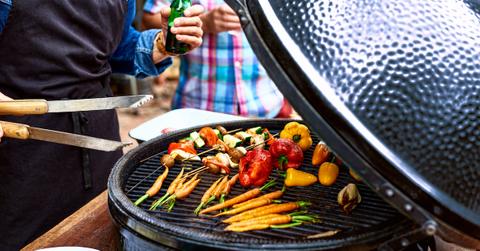
Veganism and zero waste are often considered dual concepts in living a truly sustainable lifestyle. And because both of these lifestyles can present challenges, even in today’s environmentally-conscious world, neither should be undertaken lightly. Luckily, the similarities between the eating guidelines on both lifestyles are close enough that doing one might actually make it far easier to do the other. In that case, we must ask ourselves, why is veganism key to zero-waste eating?
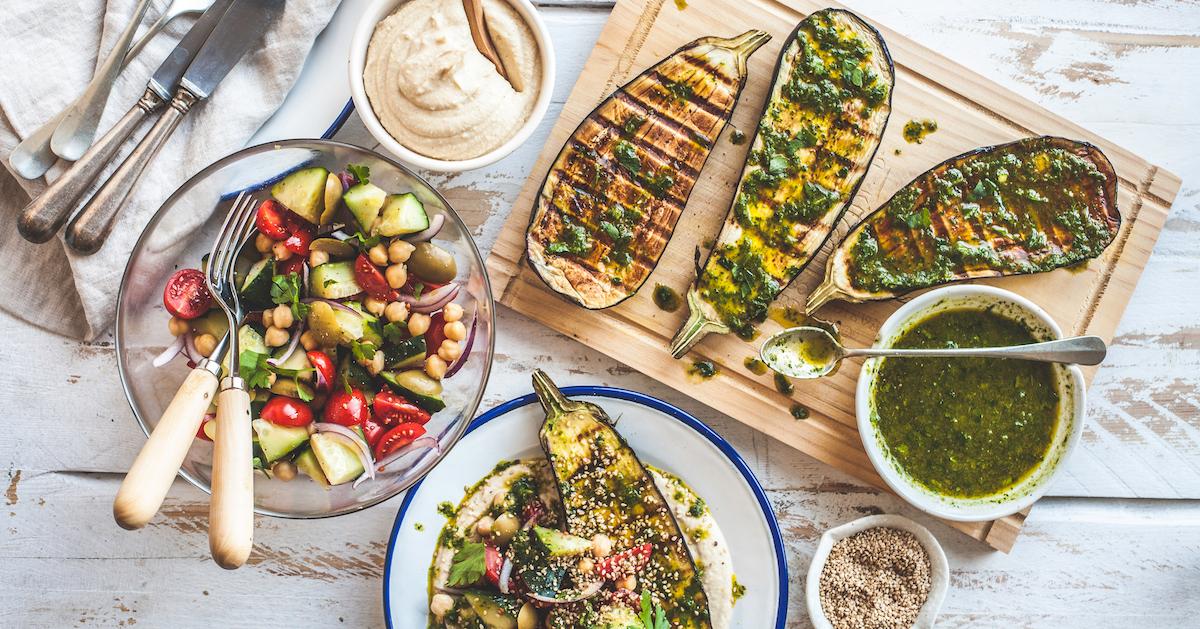
What is veganism?
A few decades ago, the definition of veganism was not as widely known as it is today. The Vegan Society defines veganism as “a philosophy and way of living which seeks to exclude — as far as is possible and practicable — all forms of exploitation of, and cruelty to, animals for food, clothing or any other purpose.”
In essence, vegans eschew the use and consumption of animal products whenever possible. This mostly pertains to food, though. Meat, dairy, eggs, honey, and other animal-based foods are avoided altogether in favor of a plant-based diet. One of the best parts about eating vegan is that you can have all the cakes, pies, cookies, and bread you want, so long as they don’t contain meat or dairy.
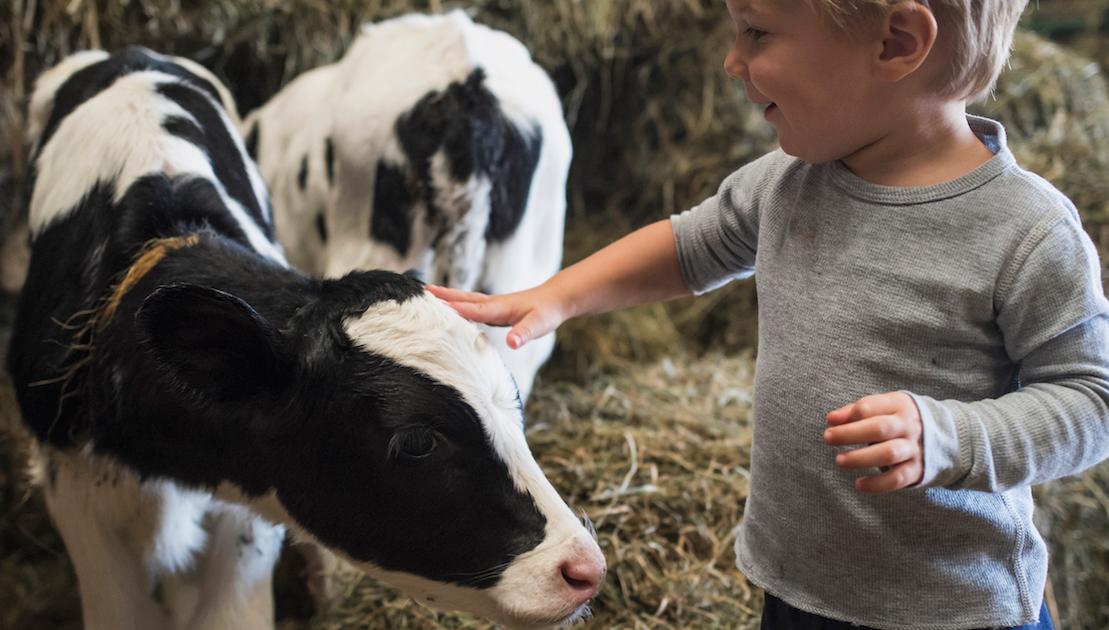
What is zero waste?
The goal of living zero waste is to find a better path towards a sustainable future. Unlike veganism, whose tenets center avoiding the exploitation of animals for food, fashion, entertainment, and more, zero waste encompasses the tempered consumption of all things. It is about making a conscious decision about not only what one eats, but what one buys and uses. It is about learning to live with less, thrive in moderation, and say no to consumer culture.
Sustainability is key when it comes to a zero-waste lifestyle. You’re avoiding single-use plastic or any other non-sustainable pollutants if you can help it. You’re not buying new clothes or furniture developed specifically to wear out or break down via planned obsolescence. You’re shopping locally, organic, and secondhand. In essence, you are still living, you’re just living within your philosophical and environmental means.
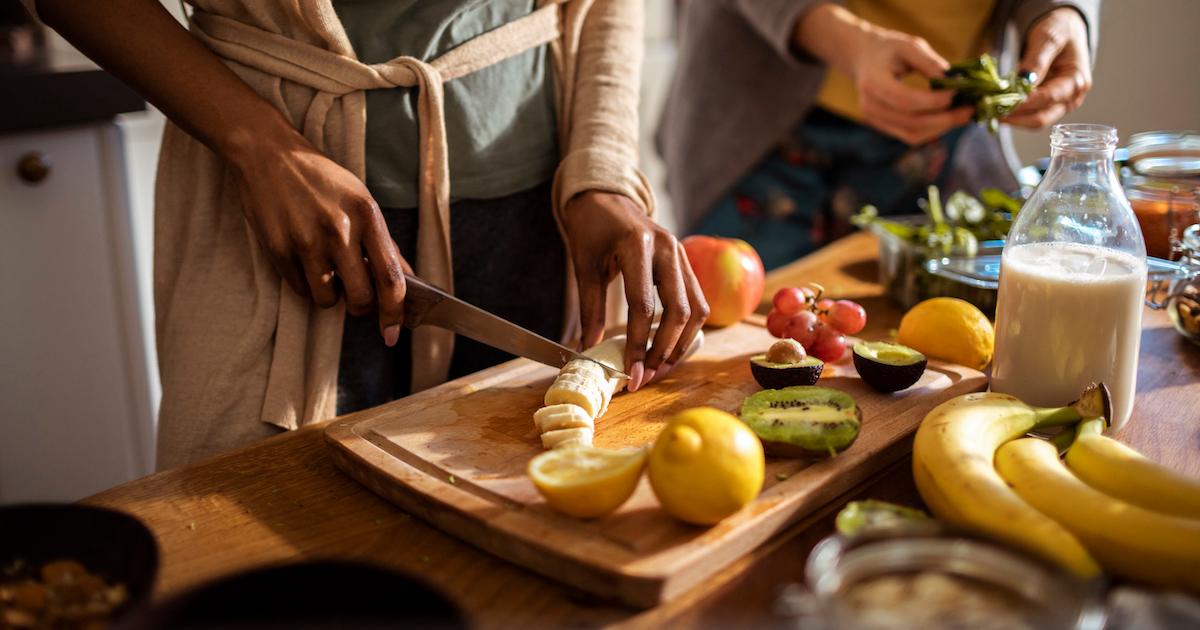
Why is veganism the key to zero-waste eating?
In a way, it makes perfect sense that veganism and zero waste are so similar. Veganism is about changing your diet and other habits so that you have less impact on animals and the environment, and zero waste certainly appreciates that motivation. If you’re a vegan with room to grow, you might consider a backyard garden to grow your vegetables — which is another thing that self-sustaining zero-wasters will certainly appreciate as well.
Growing your own food would also not preclude needing your own fertilizer, which you could make by composting — yet another behavior evinced by dedicated zero waste enthusiasts.
While the motivation behind the zero-waste lifestyle is almost always environmental reasons, there are many reasons to choose to reduce or not consume animal products. These can be anything from not wanting to see animals harmed, improving one’s health, or reducing your environmental impact.
The animal agriculture industry creates wild amounts of pollution, erosion, and other negative environmental effects. So, by choosing not to eat meat, you are telling the industry that you want no part of that. And if enough people make that choice, then perhaps less land, fewer animals, and less waste will be the end result.
And as a bonus, by not buying meat, which is typically wrapped in plastic and styrofoam, you are limiting your personal waste.
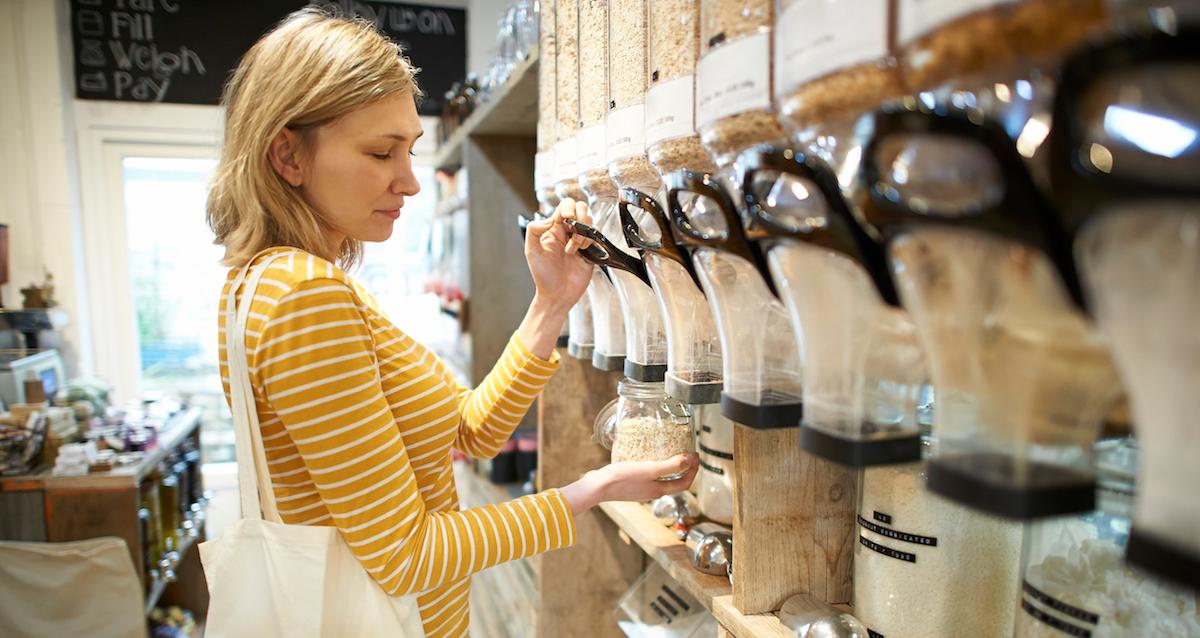
Is veganism healthy?
In general, the answer is yes. There is plenty of evidence that a plant-based diet is much healthier than diets that include eggs, meat, and so on. According to the BBC, science has found that people who eat vegan and/or vegetarian diets have a lower risk of heart disease. Those who didn’t eat meat had 10 fewer cases of heart disease than those who did.
Choosing to go vegan is not nearly as extreme as some people believe it to be. If anything, the shift to veganism is a lateral move health-wise, and a huge leap forward environmentally.
It seems that the act of going vegan is, in and of itself, in line with the core values of zero-waste living. While both lifestyles may present a few challenges, neither is about being perfect, but about doing your best. You can choose to do what works for you, as even small actions can make a big difference across a human lifetime. So do your part, however you can.